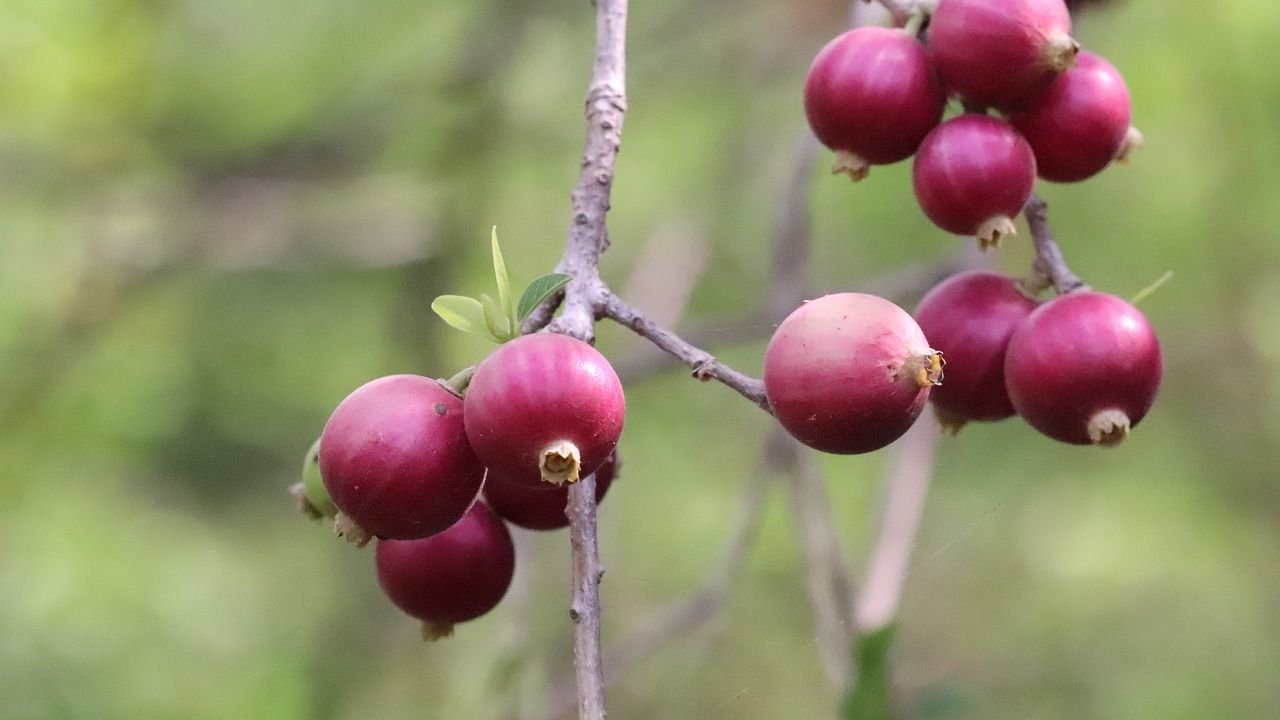Alangium salvifolium is a well-known herb that has been used for centuries. It has a rich history of its own. It is a member of the Cornaceae family and is native to various parts of Asia including India, Sri Lanka, Myanmar, and Thailand. In this article, we will learn about this herb in some detail.

Synonyms
Ankola, Sage-leaved Alangium
Habit
Alangium salvifolium is a small to medium-sized deciduous tree. It grows up to 10-15 meters in length and spreads up to 2-3 meters. The trunk of this tree is straight and the crown is circular. Its branches are thin and inclined.
Natural Habitat
This versatile plant is native to various parts of Asia including India, Sri Lanka, Myanmar, and Thailand. It is found growing in a wide variety of habitats ranging from dry deciduous forests to moist river banks and scrub. It prefers well-drained soil and can live in both full sun and partial shade.
Other Common names
Sage-leaved Alangium
Chemical Composition
It contains alkaloids, flavonoids, tannins, saponins, and glycosides. Some of the specific compounds identified in this plant are Alangiside, Alangine, and Alanginine.
Parts Used
Its bark, leaves, and roots are generally used for medicinal purposes.
Properties of Alangium salvifolium
Ayurvedic Properties
It possesses the following properties:
- Rasa (Taste): Tikta (Bitter), Kashaya (Astringent)
- Guna (Quality): Laghu (Light), Ruksha (Dry)
- Virya (Potency): Sheeta (Cooling)
- Vipaka (Metabolic Property): Katu (Pungent)
- Dosha Effect: Balances Kapha and Pitta doshas
Therapeutic properties
Its medicinal properties include:
- It helps reduce irritation and swelling.
- It protects the body from oxidative stress and cellular damage.
- It reduces fever and reduces body temperature.
- It provides relief from pain and reduces discomfort.
- It can fight various bacteria, viruses, and fungi.
Health Benefits of Alangium salvifolium
- Alangium salvifolium has bitter and astringent properties which help in improving digestion, relieving constipation, and reducing flatulence. It also promotes liver function and detoxification.
- This plant is beneficial for many conditions like cough, cold, and asthma. It removes phlegm accumulation in the chest and soothes irritated tissues, thereby helping with easy breathing.
- Alangium salvifolium has antiseptic and anti-inflammatory properties. These properties can help in treating skin infections, wounds, and allergies. It also increases skin elasticity.
- Its regular consumption may help reduce cholesterol levels, improve blood circulation, and support overall heart health.
- The antioxidant and antimicrobial properties of this plant help strengthen the immune system, making the body more resistant to infections and diseases.
Uses of Alangium salvifolium
Alangium salvifolium can be used in any form by decoction, poultice, powder, or infusion method. To make its decoction, its bark or leaves should be boiled in water. Along with this, whenever there is an injury, its leaves or stem can be crushed and applied to the wound. Its beneficial compounds can be extracted by infusion method. For this, the parts of the plant should be soaked in hot water. It is necessary to consult a doctor before using it in any form.
Precautionary Measures for Alangium salvifolium
Some precautions should be taken while using it. Here are some of these precautions:
- Take limited dosage: Always follow the recommended dosage and guidelines provided by health care professionals or traditional healers. Excessive consumption may cause adverse reactions or toxicity.
- Eye on Allergic Reactions: Some individuals may be allergic to its components so it is necessary to do a patch test or start with a smaller dose to check for any allergic reaction.
- Pregnant and breast-feeding women: Pregnant and breast-feeding women should consult a doctor before using it as this plant contains certain compounds that can affect hormone levels and affect fetal development and babies.
- Drug Interactions: It may interact with certain medications, including anticoagulants, antiplatelets, and antihypertensives. Be sure to consult a doctor before using it to prevent possible interactions and complications.
- Check Quality and Purity: Source any herb only from reputable suppliers who follow quality standards and testing protocols. Contaminated or adulterated products may contain harmful substances.
- Special caution for Children and the elders: Special caution should be taken while giving this to children or elderly persons and this herb should be given to them only after consulting a doctor.
- Different Medical conditions: People with pre-existing medical conditions, such as liver disease, kidney disorders, diabetes, or heart conditions, should exercise caution when using it. The active compounds in this plant may affect underlying health conditions or interact with other medications.
Conclusion
Alangium salvifolium is also known as sage-leaved Elangium. It is a valuable medicinal plant which has many health benefits. Its compounds help treat many diseases and promote overall well-being. It is necessary to be careful while using it and it is also necessary to consult a doctor because some people may be allergic to it.
Remember, before starting any new wellness regimen, it’s always best to consult with a healthcare professional to ensure it is suitable for your specific needs and circumstances.